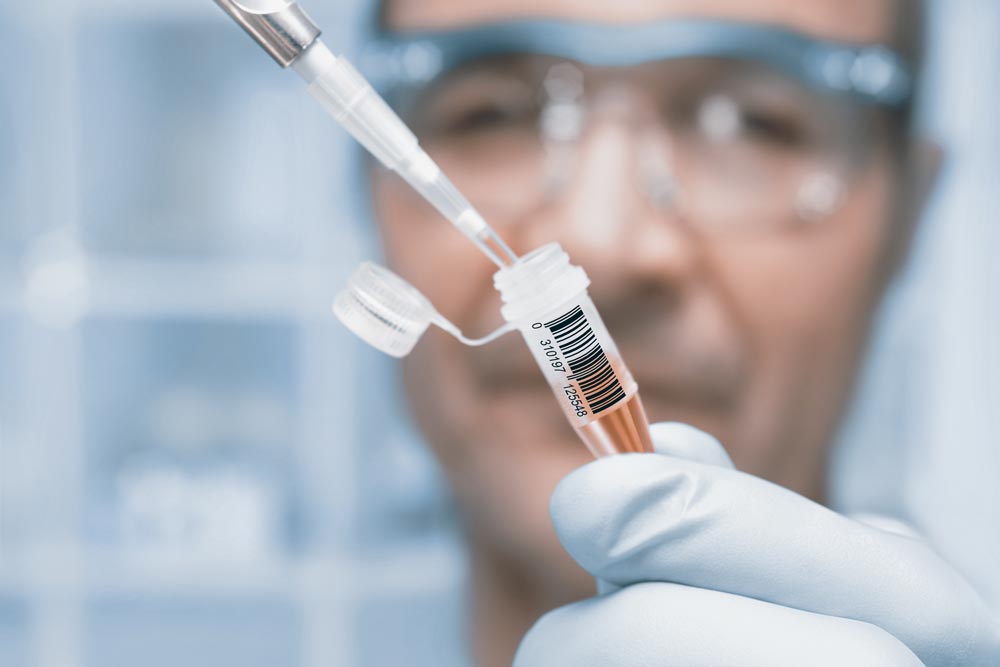Clinical trials
Medical Studies on Melatonin – Clinical trials

In this category you will find the most relevant placebo-controlled clinical studies and reviews on melatonin.
The selection of the presented studies was made with the aim of reflecting the broad spectrum of different applications and implications of melatonin.
Medical Studies on Melatonin – Clinical trials
Background: As an infectious disease caused by the severe acute respiratory syndrome coronavirus 2 (SARS-CoV-2), the common signs of coronavirus disease
Aims: To evaluate the efficacy and safety of melatonin for migraine prophylaxis in adults. Methods: After a comprehensive literature search in the MEDLINE,
Aims: Observational studies have shown that sleep pattern is associated with age-related macular degeneration (AMD), but whether sleep pattern is a
Background and aims: Melatonin is a ubiquitous hormone produced not only by the pineal gland but also by other organs and
The serotonergic pathway may impact the pathogenesis and the course of inflammatory bowel diseases (IBDs). The aim of this study
Suppressive therapy of recurrent genital herpes is a challenge, and melatonin may be an alternative. Objective: To evaluate the action of melatonin,
Purpose: Obstructive sleep apnea (OSA) is a common serious sleep disorder. Melatonin-based drugs such as agomelatine may have beneficial effects on
Coronavirus (SARS-CoV-2) is spreading rapidly in the world and is still taking a heavy toll. Studies show that cytokine storms
The role of melatonin has been extensively investigated in pathophysiological conditions, including autism spectrum disorder (ASD). Reduced melatonin secretion has
This study aimed to determine the effect of exogenous melatonin on the number of sedative drugs and the duration of
Alzheimer's disease (AD) is a degenerative disease that is characterized by massive neuron devastations in the hippocampus and cortex. Mild
This study evaluated the effects of melatonin supplementation on parameters of mental health, glycemic control, markers of cardiometabolic risk, and
An optimal recovery between training sessions is of similar if not greater importance as the training content and program of
This randomized, double-blinded, placebo-controlled trial tested the hypothesis that 20mg of melatonin before and during the first cycle of adjuvant
Sleep disorders and circadian dysregulation appear to be associated with primary headache disorders.
The imbalance between pro-oxidant and antioxidant systems often leads to further oxidative damage in the pathogenesis of both diabetes and
To investigate the effect of adding melatonin to hypothermia treatment on neurodevelopmental outcomes in asphyctic newborns.
To study whether melatonin treatment can increase clinical pregnancy rate and live birth rate in assisted reproductive technology (ART) cycles.
Cancer incidence is 24% greater in children and young adults exposed to Computed Tomography (CT) scans than those unexposed. Non-repair
Pharmacological interventions for sleep (analgesic, sedative and hypnotic agents) can both disrupt and induce sleep and have many negative side